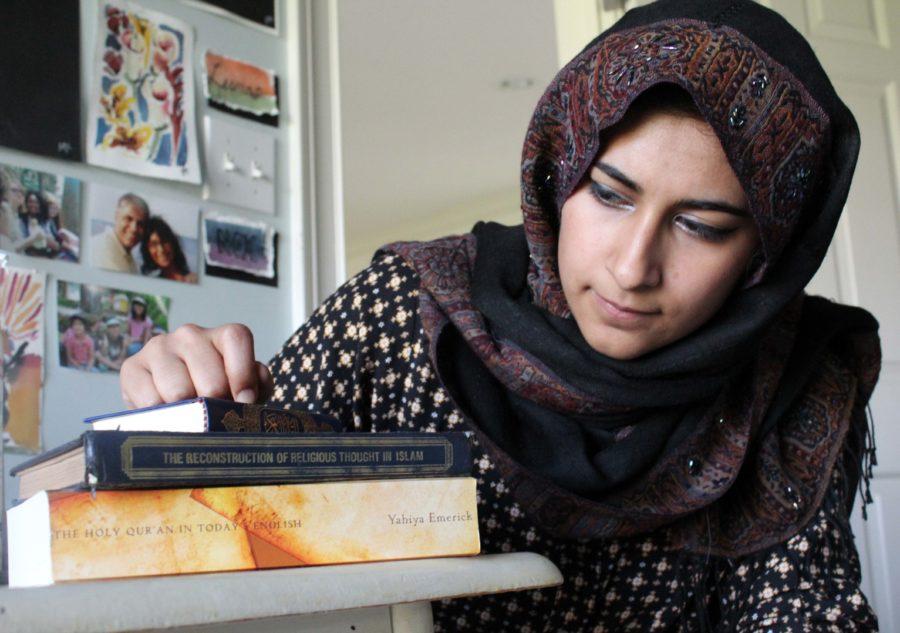Odelia Satchivi, Catholic, social moderate and junior, attends church at Our Lady of Mount Carmel every week, is an active member of her church youth group and participates in regular church retreats. Despite her active role within her church, Satchivi said her views on many social issues do not completely align with those of the Catholic Church.

“Many of my views do align with those of the Catholic Church, but many do not.,” Satchivi said. “In the Catholic Church right now there are traditionalists and modernists. Although the majority of Catholics are very traditional in their views, especially here in Carmel, I consider myself a modernist in many ways. I have more modern or liberal social views than a traditional Catholic, so my views do not completely align with the Catholic Church, but they do in some ways.”
According to a 2013 study conducted by the Pew Research Center, an increasing number of Catholics have begun to stray from traditionally Catholic social views as over half of U.S. Catholics favor same-sex marriage while only 33 percent refer to homosexuality as sinful. In general, only 35 percent of all Americans state religion is the top influence on their social views.
However, Elizabeth Agnew, Ball State University religious studies professor, said that, although many have begun to separate religious and social views, religion continues to have a profound effect of the social views of religious people.
“Often, people turn to scripture and religion for guidance,” Agnew said. “People look for very specific moral rules that they believe followers should adhere to or be prohibited from doing within these scriptures. People also turn to religious narratives like the good samaritan story for guidance regarding moral issues. The influences that these scriptures and narratives and religion in general have on people’s moral traditions transfer into how they view morality and the world. This, in turn, heavily influences their social views.”
Although her social views do not completely align with those of the Catholic Church, Satchivi said she still agrees with Agnew in that religion heavily influences social views.
“America was founded on Christian values, and most people, especially where we live, teach their children Christian values and pass them onto them, so a lot of these religious aspects influence our social views and our morals,” Satchivi said. “Religion for a lot of religious people like me dictate how we live our lives and act as people. Something that has that great an effect on our lives is bound to affect our social views as well. The principles of your religion dictates your life and who you are and what you believe, especially in terms of social views.”
Catholic and sophomore Sophia Tragesser said she identifies as socially conservative as her social views almost completely align with those of the Catholic Church. She, too, said she believes religion has a large influence on social views. However, Tragesser said religion may not have such a great influence on the social views of those who are not actively involved in their religious faiths.
“I think there is a relationship between those who truly practice a religion, not those who passively belong and are undedicated and do not truly understand the texts and philosophy of their religion,” Tragesser said via email.
Tragesser also said she believes people should not try to separate their religion and social views. Instead, Tragesser said students should analyze their views in their own mind before agreeing or disagreeing with their religious community.
“I think it is important for each person to truly analyze what their church is saying,” Tragesser said. “I think they should try to understand what they are saying and figure out how it compared to their own beliefs.”
Muslim and senior Mehar Athar said her social views are largely liberal in comparison to the predominantly conservative Muslim community she is a part of. However, despite her separation of her own religious and social views, she said she too recognizes a link between the two.
 “I think religion is a way you behave in society, especially in Islam,” Athar said. “Islam is not just a religion, it is a way of life, so you live your every day-to-day life as a Muslim constantly, so for people’s general views on life, which is reflected a lot in their social views, they often go back to t
“I think religion is a way you behave in society, especially in Islam,” Athar said. “Islam is not just a religion, it is a way of life, so you live your every day-to-day life as a Muslim constantly, so for people’s general views on life, which is reflected a lot in their social views, they often go back to t
heir religion. I personally try to separate the two more than most others of my community, but I definitely think that, even for me, your religious views are so entrenched in your life and your identity that it must influence your social views in some way.”
However, Athar said she has noticed that Americans have begun to increasingly separate their religions from their views on social issues.
“As we live in a secular society here in America, people in general do separate religion and social views more and more,” Athar said. “In many heavily Islamic countries where you live in a religious state, you’d naturally be more inclined to link your religion to your social views, but here, as you find more of a secular society and a liberal community within our generation, we tend to separate social and political opinions from religion.”
Agnew said she attributes this trend to the fact that many Americans now choose to be only loosely affiliated with their respective religions.
“Today, there are many more people with no religious affiliation or who are only loosely affiliated with religions than there have been in the past,” Agnew said. “I think it is these people who stray away from the norms or religious conventions the most. Because they follow these religions in a less intense way, religion may not influence every aspect of their lives, so they may not feel the need to h ave certain social views because of their religion’s influence.”
ave certain social views because of their religion’s influence.”
Although Agnew said it is difficult to say if this increasing separation creates a positive or negative effect on society, Athar said she believes the effects are largely positive.
“In my opinion, separating religion and social views is positive in a diverse society like the one we have,” Athar said. “It promotes understanding and harmony in society, but having socially conservative views in a socially conservative society, it works and it is to be expected. However, in a society like ours, there’s more diversity, so separating religious and social views creates harmony and keeps us from running into conflicts that can be caused by our differences. I think it’s conducive to better political and social relationships, and it’s conducive to more social liberties and understanding.”
Athar added that, although she believes religious and social views cannot be completely separated, religious people should try to think outside the bounds of their religions when voting on such issues in a secular society.
“The way I view many things are influence by my religion, so it’s not completely possible to separate (religious and social views),” Athar said. “However, when you’re at the ballot box and choosing what you want for our general, secular society, you can’t impose your religious views on anyone else. You can’t separate religious and social views in your identity and in what you preach, but when you go and impose it on others and tell them that this is how they should behave because it’s what your personal religion says, it just seems inappropriate.”
 On the other hand, Tragesser, unlike Athar, said she believes it is possible, but extremely difficult to separate religious and social views.
On the other hand, Tragesser, unlike Athar, said she believes it is possible, but extremely difficult to separate religious and social views.
“I believe it is possible but very difficult (to separate religious and social views),” Tragesser said. “In russia for a time, all religions were banished. The younger generation grew up not knowing a religion, so it didn’t influence their social beliefs. The older generations still held onto their religion in secret kept their views connected. Therefore, it is possible in some cases to separate (religious and social views), but it is very difficult and unlikely.”
Also unlike Athar, Tragesser said she believes the close relationship between r eligious and social views can have a positive effect, even when making decisions in a secular society.
eligious and social views can have a positive effect, even when making decisions in a secular society.
“I think (the close link between religious and social views) is a good thing because I believe that religion gives purpose and that nothing is worse than living a life without purpose.”
She also said although there is room for differences in a few social beliefs of a religious community, people cannot truly embrace their religions without agreeing with their religious community’s on major, core social beliefs.
“I believe that there are some issues that allow for differences in beliefs but there are others, such as abortion, that are clearly stated in the Bible,” Tragesser said. “I believe that it is possible for people to be devout and good people, but they are still holding back from one of the fundamental beliefs of the Catholic Church, stated at each mass if they do not believe in the core social beliefs preached by the Church.”
However, Satchivi said she believes religious people can still fully embrace their religions even if they do not share their religious community’s social views.
“I think there are many genuinely devout Catholics who disagree with the Catholic Church on some issues, like myself,” Satchivi said. “Even though religion and social views are connected, there is a growing disconnect between them that, even though it’s a slight disconnect, can influence your views. Also, your connection to God and this doctrine is a bit separate from your social views because your devotion to Jesus Christ and your inner piety can make you religious, even if you disagree with the Church at times. This doesn’t mean you’re a bad Catholic or you’re any less of a Catholic. You just have different social views.”
For a related video examining religion’s influence on society, click here.















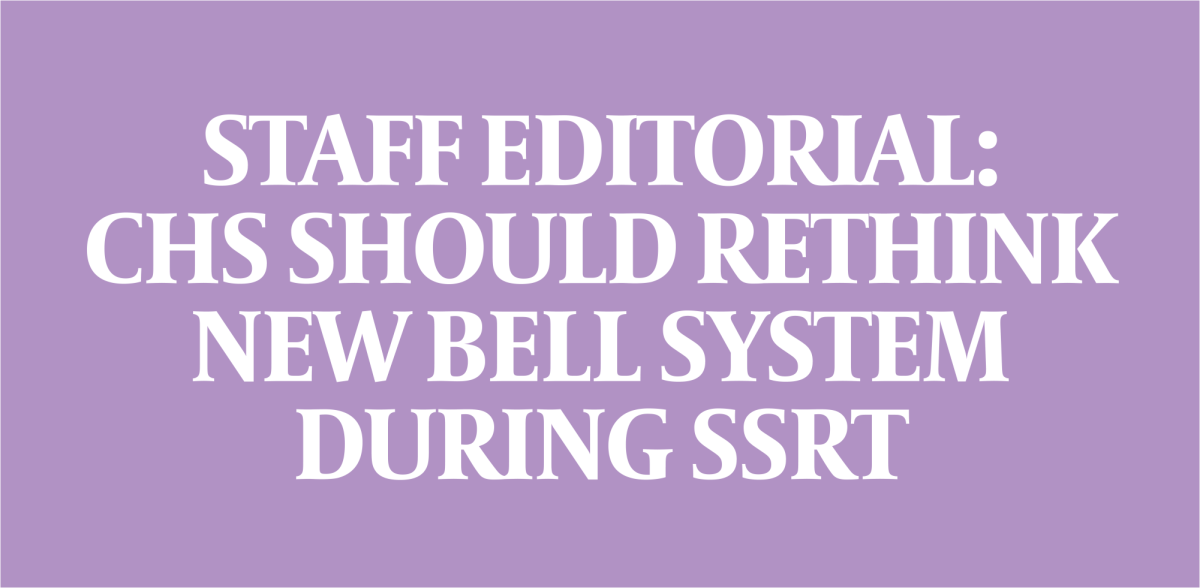




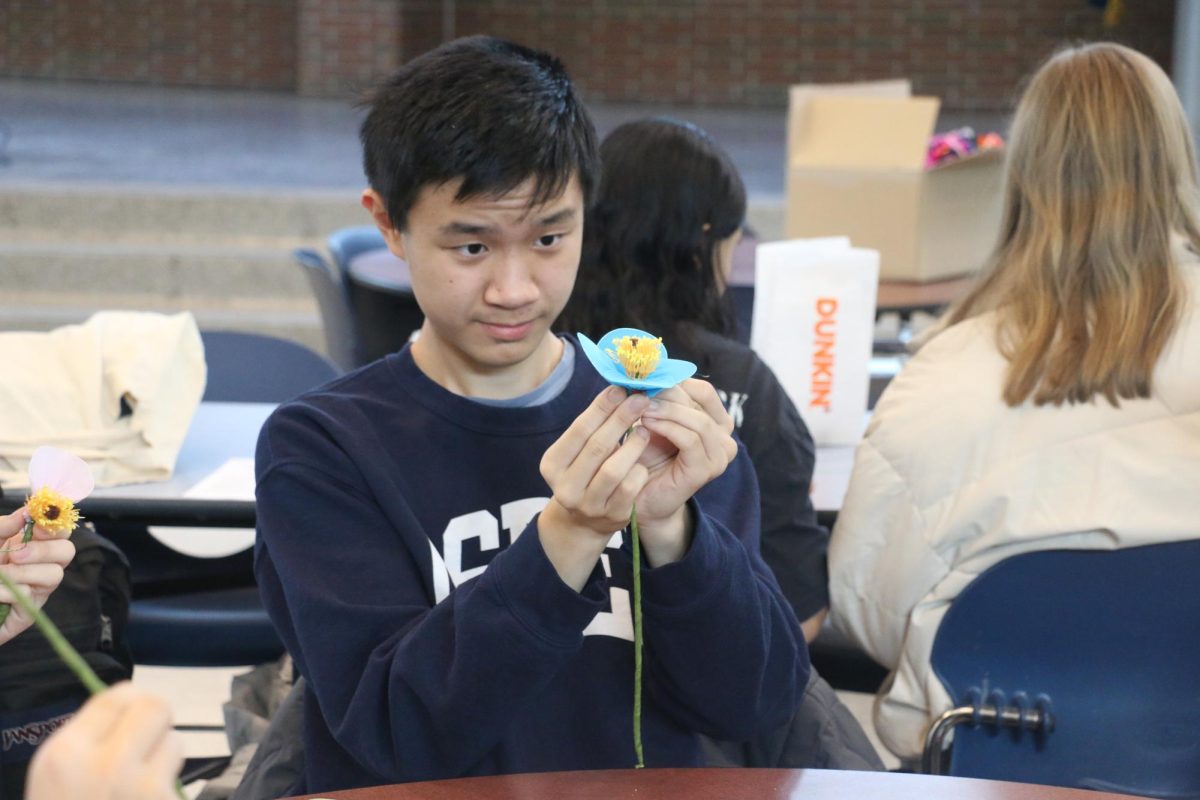




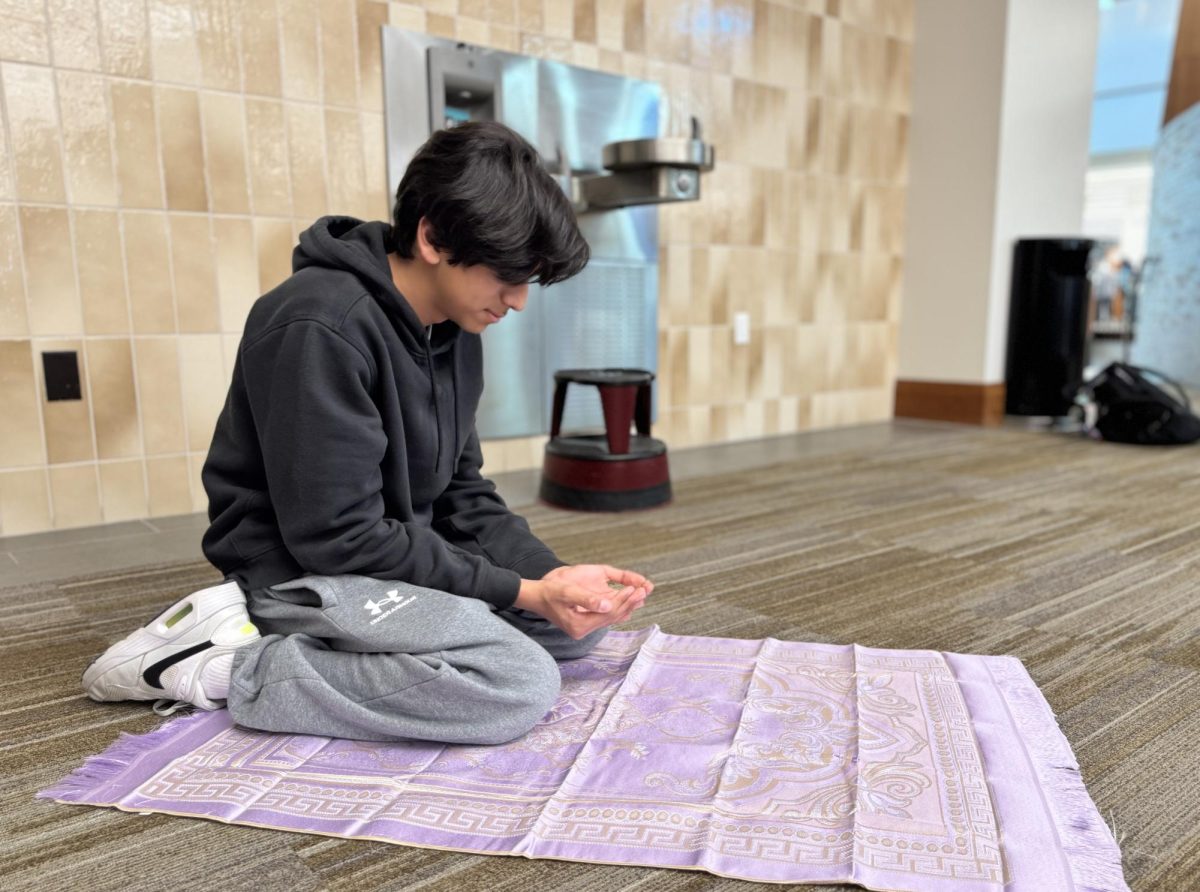





![AI in films like "The Brutalist" is convenient, but shouldn’t take priority [opinion]](https://hilite.org/wp-content/uploads/2025/02/catherine-cover-1200x471.jpg)


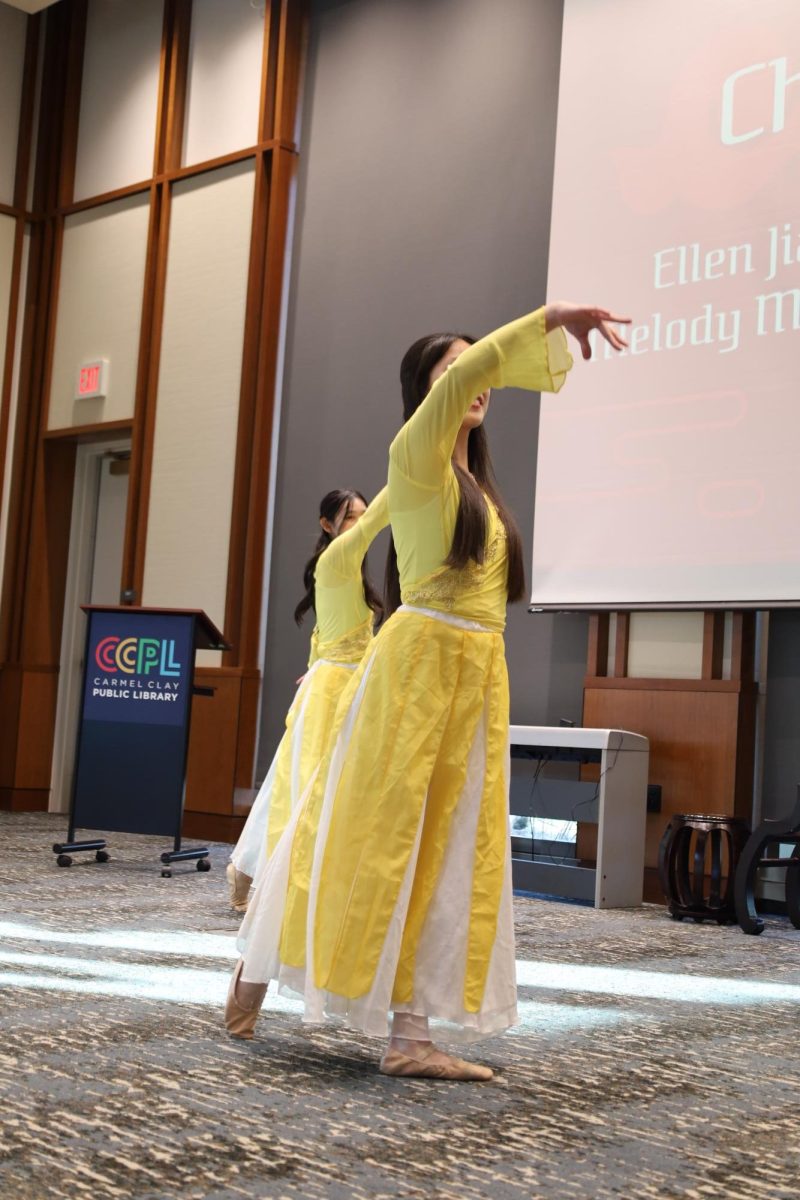










































![Review: “The Immortal Soul Salvage Yard:” A criminally underrated poetry collection [MUSE]](https://hilite.org/wp-content/uploads/2025/03/71cju6TvqmL._AC_UF10001000_QL80_.jpg)
![Review: "Dog Man" is Unapologetically Chaotic [MUSE]](https://hilite.org/wp-content/uploads/2025/03/dogman-1200x700.jpg)
![Review: "Ne Zha 2": The WeChat family reunion I didn’t know I needed [MUSE]](https://hilite.org/wp-content/uploads/2025/03/unnamed-4.png)
![Review in Print: Maripaz Villar brings a delightfully unique style to the world of WEBTOON [MUSE]](https://hilite.org/wp-content/uploads/2023/12/maripazcover-1200x960.jpg)
![Review: “The Sword of Kaigen” is a masterpiece [MUSE]](https://hilite.org/wp-content/uploads/2023/11/Screenshot-2023-11-26-201051.png)
![Review: Gateron Oil Kings, great linear switches, okay price [MUSE]](https://hilite.org/wp-content/uploads/2023/11/Screenshot-2023-11-26-200553.png)
![Review: “A Haunting in Venice” is a significant improvement from other Agatha Christie adaptations [MUSE]](https://hilite.org/wp-content/uploads/2023/11/e7ee2938a6d422669771bce6d8088521.jpg)
![Review: A Thanksgiving story from elementary school, still just as interesting [MUSE]](https://hilite.org/wp-content/uploads/2023/11/Screenshot-2023-11-26-195514-987x1200.png)
![Review: "When I Fly Towards You", cute, uplifting youth drama [MUSE]](https://hilite.org/wp-content/uploads/2023/09/When-I-Fly-Towards-You-Chinese-drama.png)
![Postcards from Muse: Hawaii Travel Diary [MUSE]](https://hilite.org/wp-content/uploads/2023/09/My-project-1-1200x1200.jpg)
![Review: "Ladybug & Cat Noir: The Movie," departure from original show [MUSE]](https://hilite.org/wp-content/uploads/2023/09/Ladybug__Cat_Noir_-_The_Movie_poster.jpg)
![Review in Print: "Hidden Love" is the cute, uplifting drama everyone needs [MUSE]](https://hilite.org/wp-content/uploads/2023/09/hiddenlovecover-e1693597208225-1030x1200.png)
![Review in Print: "Heartstopper" is the heartwarming queer romance we all need [MUSE]](https://hilite.org/wp-content/uploads/2023/08/museheartstoppercover-1200x654.png)


